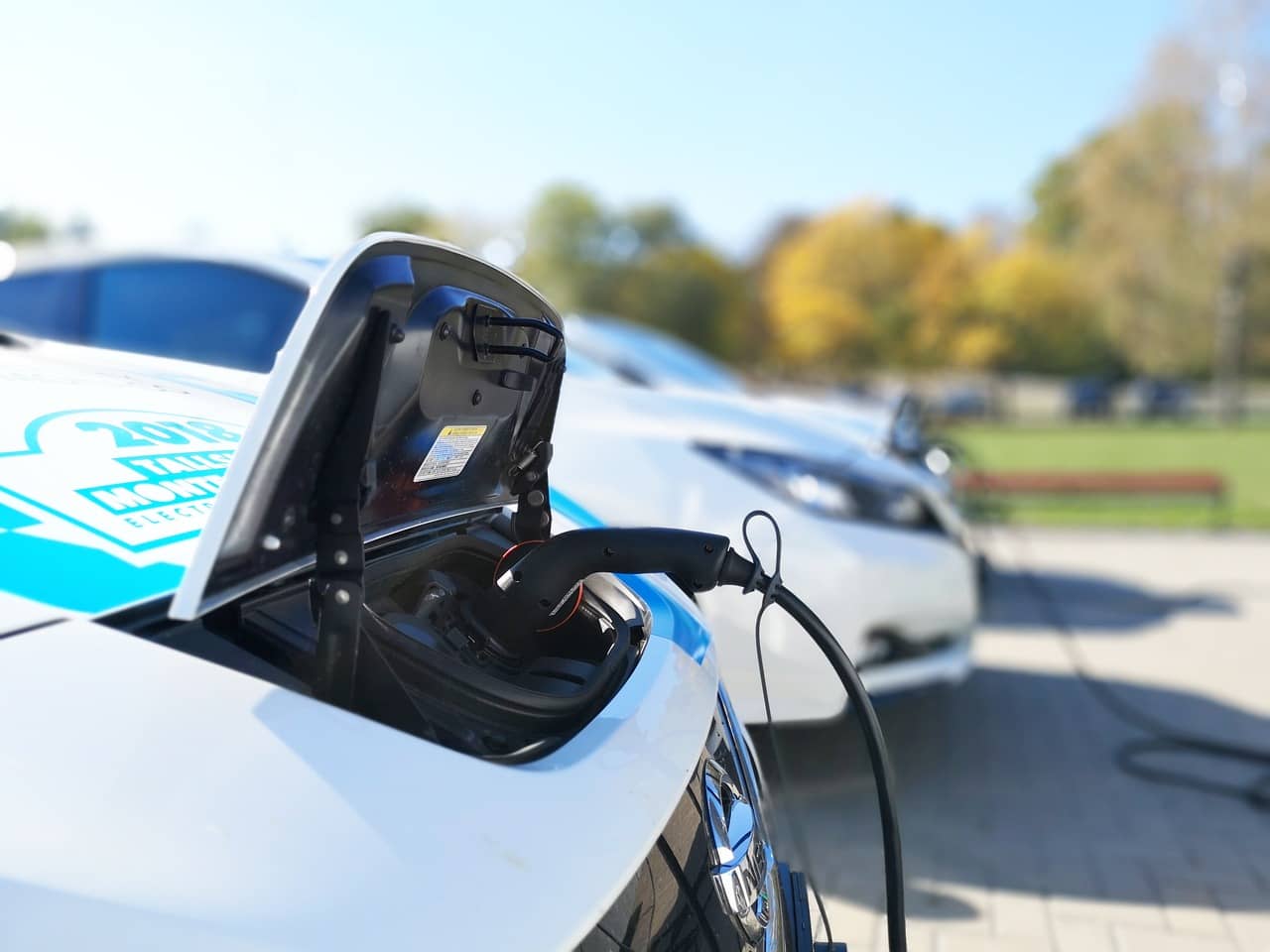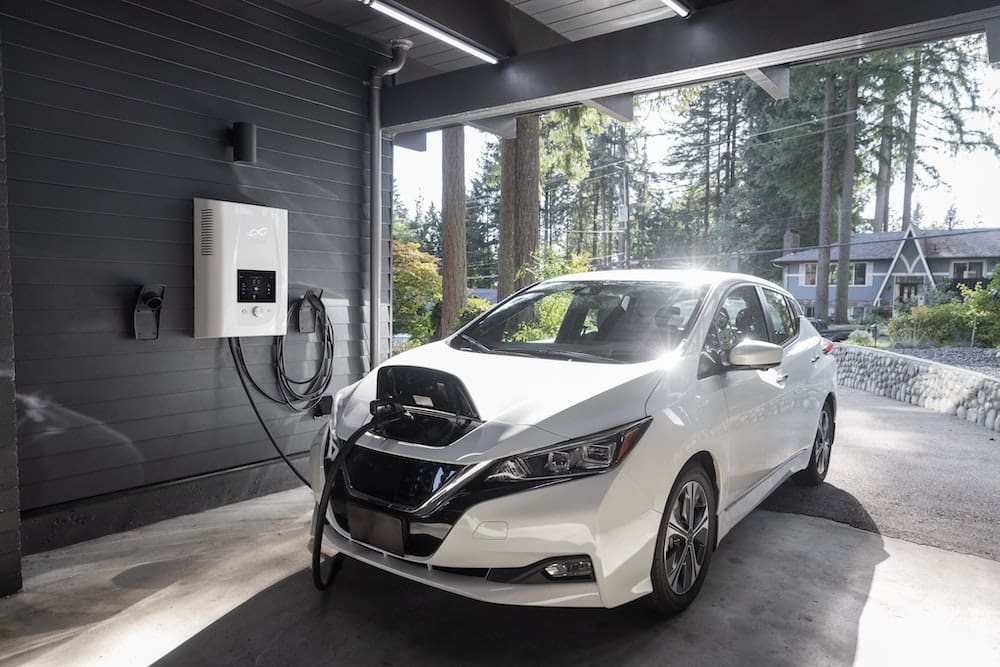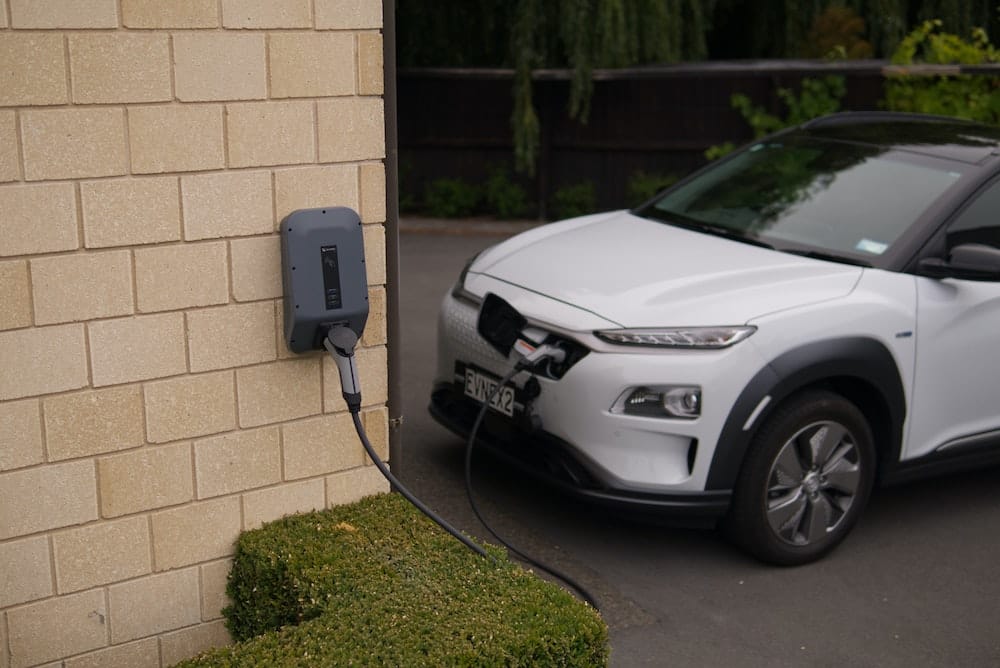The California Type Evaluation Program (CTEP) for EV chargers is a program that sets standards for the safety and reliability of commercial EV chargers in California. The program is administered by the California Department of Food and Agriculture’s Division of Measurement Standards (DMS) and requires that all commercial EV chargers sold or installed in California be certified to ensure they meet safety standards.
The certification process involves testing of EV chargers to evaluate their electrical safety, electromagnetic compatibility, and communication protocols. The program also sets performance standards for EV chargers, such as charging times and efficiency.

To comply with CTEP, hardware distributors must work with a third-party testing laboratory that is accredited by the DMS. The laboratory will conduct the necessary tests and provide certification if the EV charger meets the required standards. Once certified, the hardware distributor can sell or install the EV charger in California.
Compliance with CTEP is mandatory for all commercial EV chargers sold or installed in California. The program is important for ensuring the safety and reliability of EV charging equipment and could potentially influence EV industry standards more broadly.
The California Department of Food and Agriculture regulates EV chargers as measuring devices under CTEP regulations. This is to ensure that EV drivers receive uniform, accurate charging experiences.
EV charger manufacturers and operators must ensure that their chargers display correct kWh and accept the same payment types. Open and interoperable EV charging station software can help make compliance easier.

All commercial EV chargers that collect a fee must obtain a CTEP certificate of approval (COA). This applies to Level 2 and Level 3 chargers for public use in California. Here are the timelines:
CTEP requirements for EV chargers are based on NIST Handbook 44, specifically section 3.40 on electric vehicle fueling systems. Notable provisions include:
Before starting a gap analysis of your EV charger hardware, check the DMS website’s FAQs section. After remediation, apply for a Certificate of Approval (COA) to obtain CTEP certification.

Here’s a step-by-step guide to the CTEP certification process for EV chargers:
The CTEP certification process may seem bureaucratic for the EV industry, but it is a net positive. It discourages bad actors from manufacturing subpar products by enforcing safety and performance standards.
Reputable EV charger manufacturers like ABB, Zerova, LiteOn, and EVBox have already received COA, and more brands are likely to follow.
CTEP requirements will make widespread EV adoption easier by bringing standard features to EV chargers. Consumers can expect a uniform experience from visiting an EV charging station, similar to a gas station. Following CTEP standards is one way to achieve this goal.
Are you interested in learning more about EV charging infrastructure?
[INSERT_ELEMENTOR id=”4162″]